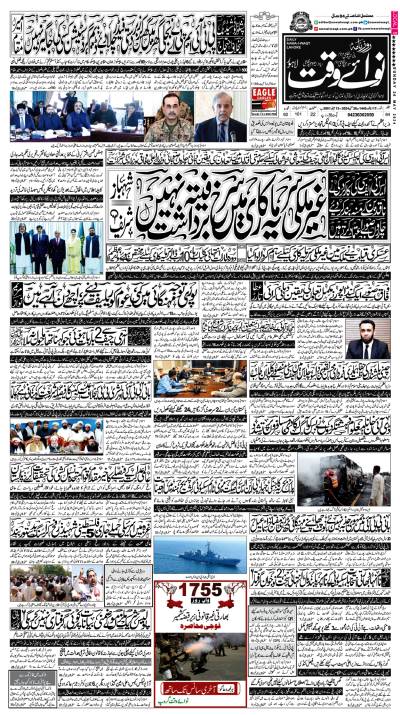Turkey's president says the world must respect the results of the election, which saw the ruling Justice and Development Party (AKP) regain its parliamentary majority.
Recep Tayyip Erdogan said voters had chosen stability following unrest.
With almost all ballots counted, state-run Anadolu news agency said the AKP had won 49.4% of the vote, with the main opposition CHP on 25.4%.
The Turkish lira and shares in Istanbul surged in response to the result.
The lira was up by more than 4% against the dollar and the BIST share index soared by over 5% early on Monday.
"The national will manifested itself on 1 November in favour of stability," President Erdogan said early on Monday.
"Let's be as one, be brothers and all be Turkey together."
But he also attacked media criticism of him and called for global recognition of the election result.
"Now a party with some 50% [of the vote] in Turkey has attained power... This should be respected by the whole world, but I have not seen such maturity."
Mr Erdogan called the vote after the AKP lost its parliamentary majority for the first time in 13 years in June and attempts to form a coalition government failed.
The pro-Kurdish HDP crossed the 10% threshold needed to claim seats, but saw a fall in support since the June vote.
The nationalist MHP's share of the vote also declined, to 12.5%, and commentators suggested it had lost voters to the AKP.
Speaking from the balcony of the AKP headquarters in the capital, Prime Minister Ahmet Davutoglu welcomed Sunday's result, saying voters had chosen "peace, unity, brotherhood and common sense".
He will now begin the process of forming a new government after winning with a greater margin of victory than expected.
With almost all the results counted, the AKP had won substantially more than the 276 seats needed in order to form a government alone.
However, it fell 14 seats short of the number needed to call a referendum on changing the constitution and increasing the powers of the president, AKP founder Recep Tayyip Erdogan.
With 60 more seats, the government would have been able to bring in those changes without a referendum.
The AKP's opponents had said the vote was a chance to curb what they saw as the increasingly authoritarian tendencies of Mr Erdogan.
After its shock landslide victory, the AK Party now begins the process of forming a new government, regaining the majority it lost in the election in June.
It almost equalled its best ever result, swaying voters with its message of stability after weeks of violence with the PKK Kurdish rebels.
There is now the hope that the two sides may be spurred to return to peace talks.
The Turkish currency, the lira, has rallied after a shaky few months, but an economic crisis could still loom.
There are also fears that the political polarisation stoked by President Erdogan could deepen and a clampdown on free speech worsen as the AK Party feels emboldened.
Anxiety overshadows campaign
Since elections in June, a ceasefire between the Turkish army and militants from the Kurdistan Workers Party (PKK) has collapsed after a suicide bombing in July by suspected Islamic State (IS) militants.
The attack near the border with Syria killed more than 30 Kurds.
Turkey then suffered its deadliest attack in its modern history when more than 100 people were killed as they headed for a peace rally in Ankara. Many of the victims of last month's suicide bombing were HDP supporters.
The government said the two bombers were linked to IS.
One senior official from the HDP told Reuters news agency the partial results were "disappointing".
The HDP won 10.7% of the vote - enough to give it 59 parliamentary seats, 21 fewer than it claimed in June's election.
The party cancelled rallies following the Ankara attack, and its co-chairman Selahettin Demirtas said on Sunday that it had not been "a fair or equal election".
Clashes were reported in the mainly Kurdish city of Diyarbakir as the results were being counted. Reuters said police had fired tear gas at protesters throwing stones.
Critics have accused Mr Erdogan of renewing violence to curb support for the HDP - something the government denies.
Courtesy BBC






